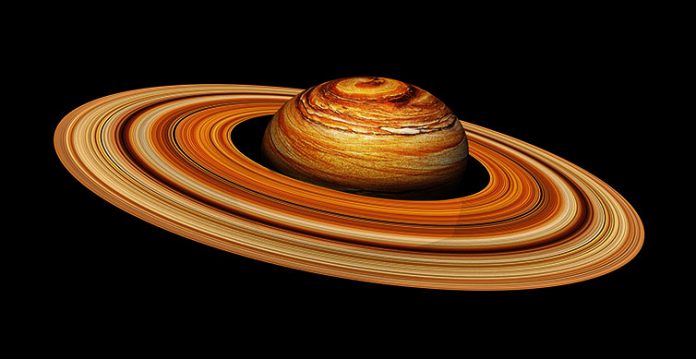In the latest update, the Skywatchers in Japan have noticed a flash in the air of the planet’s northern hemisphere probably brought about by a space rock ramming into Jupiter, the media revealed.
Skywatchers From Brazil Reported Similar Observations
Last month a skywatcher in Brazil had mentioned a comparable objective fact. “The glimmer felt like it was sparkling for seemingly forever to me,” Twitter client @yotsuyubi21, who shot the blaze with a Celestron C6 telescope, was cited as saying to Space.com.
The skywatchers affirmed the perception with a group drove by Ko Arimatsu, a space expert at Japan’s Kyoto University who participates in the Organized Autotelescopes for Serendipitous Event Survey (OASES) project.
ALSO READ: Japan to Open Cafes Based on Covid Results, Vaccination as Cases Drop
As per a tweet posted by the venture, the October 15 perception included two distinct kinds of light, apparent and infrared, giving Jupiter a frightful pink gleam, the report said.
“Jupiter consistently encounters such effects due to the amazing gravitational pull related with its mass: Smaller articles, similar to the space rocks that litter the planetary group, can without much of a stretch end up maneuvered into the planet’s thick, fierce environment,” the report said.
September Flash Didn’t Leave Debris
Objects somewhere around 45 meters across hit Jupiter at regular intervals by and large, albeit observational requirements imply that even the most exhaustive checking project could possibly get only one effect or thereabouts each year, according to certain specialists.
ALSO READ: Russia Prevents US Destroyer from Violating Territorial Waters in Sea of Japan
As indicated by Sky and Telescope, the October 15 flash hit the planet’s North Tropical Zone, close to the southern edge of the North Temperate Belt.The eyewitnesses aren’t yet certain whether the effect left a trash field that researchers can screen, which relies upon a few components including the article’s size and the effect’s area factor into recognizability.
The September flash, be that as it may, didn’t not leave any debris, the report said.







